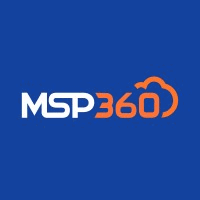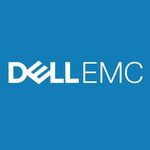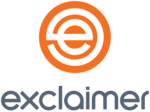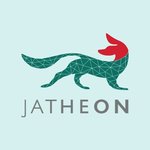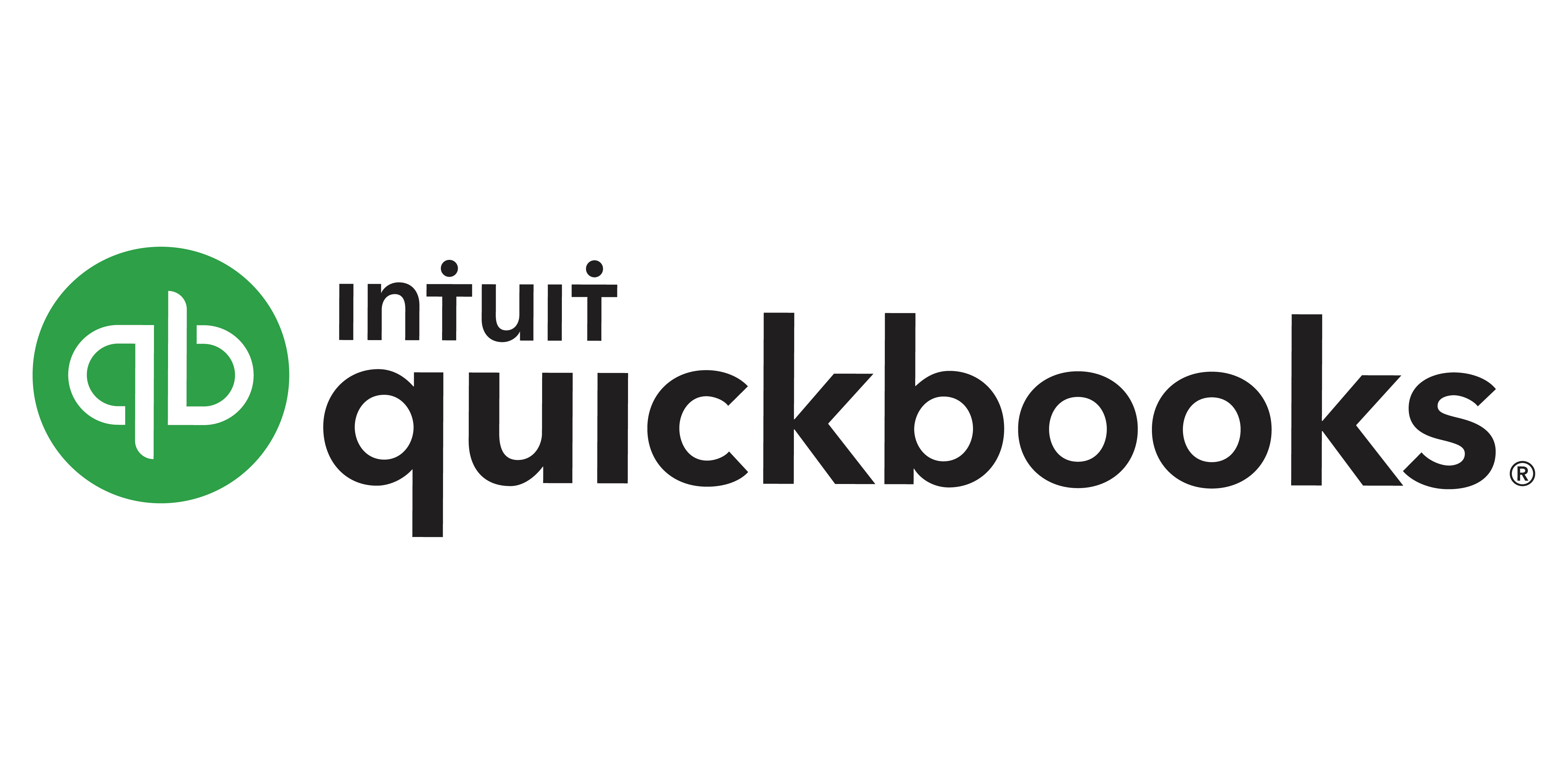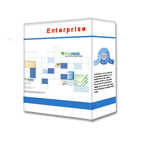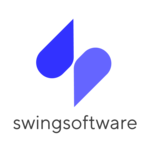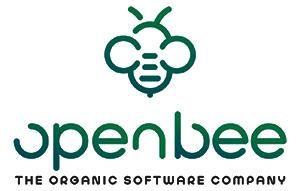What Is Archiving Software?
Archiving software is a sort of digital application used to efficiently store and manage vast volumes of data and information. It enables users to properly manage their data and files, ensuring simple access and safe storage for later use. This program is widely used by corporations, organizations, and people who must store and manage massive amounts of data, such as documents, emails, photos, videos, and other electronic files.
It provides a dependable and convenient method for storing data while freeing up important storage space on devices. Archiving software often compresses and organizes data, making it easier to access and recover as required. It also includes features like data encryption, backup, and versioning to protect data and avoid loss or corruption.
One of the primary advantages of archiving software is its capacity to dramatically lower storage costs while increasing data management efficiency. It also aids with regulatory compliance and satisfying legal obligations, especially for firms dealing with sensitive data.
When selecting archiving software, consider variables such as data storage capacity, encryption techniques, usability, and compatibility with various devices and systems. With the correct archiving software, you can successfully manage and preserve your data, turning it into a valuable asset for your company.
What Are the Recent Trends in Archiving Software?
Archiving software has been an essential tool for organizing and preserving data for both corporations and individuals. In recent years, archiving software has seen major developments and rising trends, making it an important factor for buyers wishing to invest in this market.
we'll go over the latest developments in archiving software that you should be aware of before making a purchase.
1. Cloud-based Solutions: Cloud computing has been increasingly popular in recent years, and it has had an influence on the archiving software industry. Many firms now provide cloud-based archiving systems that provide remote access, easier scalability, and cheaper prices than traditional on-premise solutions. This trend is projected to continue as more firms use cloud-based storage and management solutions.
2. AI and Machine Learning (ML): AI and ML have made their way into the field of archiving software, and with good cause. These technologies enable the automation of processes including data identification, categorization, and transfer, resulting in a more efficient and accurate archiving process. Furthermore, AI and ML may aid in data analytics, delivering useful insights for improved data management.
3. Integration With Other Systems: Another development in archiving software is integration with other systems like email, CRM, and document management. This enables the smooth transmission of data and improves the efficiency of archiving procedures. Businesses can also benefit from centralized data management, which makes it easier to access and recover.
4. Compliance And Regulatory Requirements: Data privacy and compliance rules, such as GDPR and CCPA, have made data archiving more important than ever. As a result, archiving software now includes capabilities like data encryption, access restrictions, and audit trails to ensure compliance with these standards. Buyers should seek for archiving software that adheres to the industry's unique compliance and regulatory standards.
5. User-Friendly: Interface with Mobile Access Historically, archiving software has been sophisticated and difficult to use. However, current trends indicate that organizations are prioritizing user-friendly interfaces and mobile access to appeal to a more diversified and remote workforce. This enables simple navigation and access to data from any device, boosting productivity and efficiency.
Benefits of Using Archiving Software
Archiving software is a must-have tool for every company or individual that wants to keep their digital assets organized, safe, and accessible. With so much data being generated and saved on a daily basis, proper archiving has become critical for managing and protecting essential documents, photos, videos, and other digital items.
Here are some significant advantages of utilizing archiving software that you should keep in mind as you browse the numerous alternatives available on the market:
1. Improved Data Management: Archiving software provides a unified platform for managing all of your digital information, making them easier to find, organize, and retrieve as needed. It removes the need to manually search across various directories and files, saving both time and effort.
2. Improved Security: Archiving software uses strong encryption and security techniques to protect your data from cyber attacks, unintentional deletions, and device failures. This preserves the integrity and confidentiality of your sensitive information, offering piece of mind to both businesses and consumers.
3. Cost-Effective: Storing and handling massive amounts of data may be costly and time-consuming, particularly when using traditional physical storage techniques. Archiving software is a cost-effective option that provides infinite store capacity while decreasing the need for physical storage space and upkeep.
4. Regulatory Compliance: Many companies have severe data management and storage rules. Archiving software assists firms in meeting compliance requirements by securely storing and arranging materials in accordance with established standards.
5. Simple Retrieval: With archiving software, locating certain files or versions is a breeze. You can instantly search, preview, and retrieve any document, making it an invaluable resource for firms dealing with legal or audit inquiries.
6. Efficient Collaboration: Collaboration is essential in today's fast-paced workplaces, and archiving software makes it easier for teams to collaborate on projects and transfer data easily. Real-time updates and version monitoring make it easier to keep everyone on the same page and eliminate uncertainty. Investing in the correct archiving software may save you time and money while also providing long-term benefits including increased productivity, data preservation, and better decision-making. Make sure to conduct comprehensive study and evaluate many possibilities to locate the one that best matches your individual demands and expectations.
Important Factors to Consider While Purchasing Archiving Software?
When selecting archiving software, there are numerous crucial elements to consider to ensure that it fulfills your unique requirements and gives the most value for your money.
Here are some crucial aspects to consider while comparing alternative options:
1. Storage Capacity: The fundamental goal of archiving software is to store and organize enormous amounts of information. As a result, before purchasing any program, it is critical to check its storage capacity. To evaluate the best storage capacity for your company, consider both current storage demands and projected future expansion.
2. Compatibility: Before completing any program, ensure that it is compatible with your existing systems and infrastructure. This encompasses operating systems, databases, and hardware. Incompatibility can cause data loss, system breakdowns, and other costly difficulties.
3. Search and Retrieval Functionality: The primary goal of archiving software is to make data retrieval more efficient and simplified. Look for software that has extensive search and retrieval tools like keyword search, filters, and advanced indexing to get faster and more accurate results.
4. Compliance and Security: Your sector may have unique compliance requirements for data storage and management. GDPR, HIPAA, and SOX are examples of relevant industry laws that the software should adhere to. Furthermore, it should have strong security measures in place to safeguard your sensitive data from unwanted access or breaches.
5. User-Friendliness: The software's interface should be simple to use and comprehend. Complicated and complicated software can cause user irritation and a steep learning curve, resulting in a loss of time and resources.
6. Scalability: As your firm expands, so will your data storage requirements. As a result, it is critical to select archiving software that can readily meet your future requirements without requiring substantial changes or replacements.
7. Technical Help: It is critical to have dependable technical help in the event of any problems or inquiries that develop while using the program. Check the degree of help provided, including availability, response time, and support channels.
8. IT: While not the sole consideration, it is an essential one. To find the most value for your money, compare the prices of several solutions and take into account the features and support provided. Keeping these criteria in mind will allow you to make an educated selection when selecting archiving software for your firm. To select the solution that best meets your individual goals and objectives, you must conduct extensive study and evaluation of many alternatives.
What Are the Key Features to Look for in Archiving Software?
When looking for the best archiving software for your purposes, you should evaluate the major aspects that will ensure a thorough and effective archiving process. These characteristics are critical for enterprises that need to manage big volumes of data and vital documents, and they may have a significant influence on the overall performance of an archiving system.
The following are the essential features to look for in archiving software:
1. Compatibility: First and foremost, the archiving software must be compatible with your current systems and applications. This includes your operating system, email platforms, and any other apps from which you want to archive data. Before making a purchase, be sure to check compatibility to avoid future issues.
2. User-Friendly Interface: The finest archiving software should have an easy-to-use and understandable interface. This will save you time and money on training personnel to use the program, as well as improve the archiving process' efficiency.
3. Advanced Search Capabilities: Archiving software must be capable of swiftly and correctly searching for and retrieving stored data. Look for tools like keyword search, metadata search, and complex filters to help you identify certain files or documents.
4. Customisable Retention Policies: Because data retention laws and regulations differ by business and country, it is critical to have the flexibility to create customisable retention policies for your stored data. This function ensures that your data is maintained for the appropriate period of time and then appropriately disposed away.
5. Encryption And Security: When archiving sensitive and secret material, security comes first. Check if the program supports encryption and adheres to industry data protection requirements.
6. Automation: Look for capabilities that allow data to be archived automatically in real time or on a set timetable. This will save time and costs while ensuring that all relevant data is archived in a timely way.
7. Scalability: As your firm expands, your archiving requirements will grow. Choose software that can meet your present and future storage and archiving requirements without constraint.
8. Data Compression: To reduce space and improve storage, look into software that has data compression functions. This will assist to cut storage expenses while increasing overall efficiency.
9. Data Restoration: If your archived data is lost or corrupted, you must be able to restore it. Look for software that provides simple and speedy data restoration solutions.
10. Customer Support And Training: Finally, assess the amount of customer assistance and training provided by the archiving software vendor. A comprehensive training program and dependable customer assistance will help you get the most out of your archiving software and overcome any technical difficulties that may occur.
Why Do Businesses Need Archiving Software?
As organizations create more digital data, the necessity for effective and safe archiving methods has grown. Archiving software is an essential tool for organizations of all kinds because it helps them to store, organize, and safeguard their digital data. One of the key motivations for firms to use archiving software is to comply with regulatory rules and audit obligations.
Many businesses, including healthcare, financial services, and legal, have severe data retention and preservation requirements. Failure to follow these requirements might result in significant penalties and legal repercussions. Archiving software assists firms in maintaining compliance by securely keeping all digital data in a centralized area. Furthermore, archiving software contributes significantly to data preservation and catastrophe recovery.
In the case of a system failure, natural disaster, or cyber assault, organizations must guarantee that their vital data is secure and quickly recoverable. Archiving software protects data from loss or harm with advanced techniques such as data replication and encryption. In addition to compliance and disaster recovery, archiving software enhances data accessibility and efficiency.
Traditional data storage techniques, such as tangible papers or dispersed digital information, can be time consuming and wasteful. Businesses may use archiving software to swiftly search, retrieve, and share critical information, saving significant time and resources. Data preservation and space efficiency are also critical components of archiving software.
As digital data grows dramatically, organizations have the difficulty of managing and storing massive amounts of data. Archiving software optimizes data storage by using compression and deduplication techniques, which reduces the need for extra hardware and saves money.
How Much Time Is Required to Implement Archiving Software?
The implementation time for archiving software varies according to the product and your organization's demands. On average, the process might last anywhere from a few days to a few weeks. Before installing the program, it is critical to thoroughly evaluate your present data storage and archiving solutions. This can assist identify the scope and needs for the new program, which will eventually affect the implementation time.
After selecting the software, the following step is to build up the infrastructure and customize it to match your organization's requirements. This might include creating storage sites, establishing retention standards, and interacting with other systems. The actual data migration procedure, which involves moving all existing data to the new system, might take some time depending on the amount of data to be transferred.
Another critical component of installation is educating users about the new program. This might take anything from a few days to a week, depending on the software's complexity and the users' expertise with similar systems. Finally, before deploying the software, comprehensive testing and debugging are required. This can also increase the entire implementation time.
Overall, the deployment time for archiving software might range from a few days to a few weeks, depending on the program's complexity, the size of your business, and your systems and users' readiness level. It is critical to plan and devote adequate time and resources for a smooth implementation process.
What Is the Level of Customization Available in Archiving Software?
When it comes to archiving software, personalization is a crucial consideration. Not every firm has the same archiving requirements, so a one-size-fits-all solution may not be appropriate for your organization. That is why, before purchasing archiving software, you should understand the extent of flexibility accessible. Most archiving software provides a great amount of customisation, allowing firms to adjust it to their individual requirements.
This offers adjustable retention and access controls, extensive search capabilities, and integration with current systems and workflows. One of the most important components of archiving software customization is the ability to configure and control retention policies. These rules specify how long certain data should be kept, depending on variables such as data type, legal requirements, and business needs.
Businesses may use customisable retention rules to guarantee that their data is maintained for the right period of time while avoiding needless storage expenditures. Another essential feature of customisation is the search function in archiving software. A sophisticated search capability enables users to quickly and easily locate archived material, even if it is stored in many formats or locations.
Advanced search features, such as keyword searching and filters, may help firms save time and effort when looking for specific material in their archives. Furthermore, highly customizable archiving software frequently allows for seamless integration with current systems and procedures. This implies that organizations may easily integrate the software into their regular operations, removing the need for manual data entry and simplifying procedures.
Which Industries Can Benefit the Most from Archiving Software?
Archiving software is a strong tool that may help numerous sectors manage and store vast volumes of data efficiently.
Here are some of the leading sectors that can profit the most from adopting archiving software:
1. Healthcare business: As medical records become more computerized, archiving software may be extremely beneficial to the healthcare industry. It enables them to securely store and manage patient information, test results, and other sensitive data in a single area, making it readily available when needed.
2. The financial: Industry places a high value on data preservation and compliance. Archiving software can assist financial firms in meeting tight regulatory standards and keeping accurate records of financial transactions. It also has powerful search and retrieval features, allowing you to access specific information rapidly.
3. Legal Industry: Law companies handle a large quantity of sensitive data, including client records and case files. Archiving software stores these records securely and efficiently, guaranteeing data integrity and regulatory compliance. It also has capabilities like legal hold and eDiscovery, which might be useful in judicial procedures.
4. Education Industry: Educational institutions collect a large number of documents, including student records and research papers. Schools and colleges may use archiving software to properly preserve and manage these papers, making them easy to access when required. It also removes the possibility of losing critical data due to human error or computer failure.
5. Government Agencies: Government agencies deal with a large amount of records that must be kept for a lengthy duration. Archiving software offers a low-cost alternative for managing and securely preserving these documents. It also includes features like encryption and user access control to ensure data security. Finally, archiving software may aid a variety of sectors by offering a consolidated, secure, and effective solution for data management and storage.
Its sophisticated features assure regulatory compliance and facilitate rapid and easy retrieval of information. Before selecting archiving software, consider your unique industry demands and select the option that best meets your expectations.
Conclusion
After extensively studying and assessing many possibilities in the archiving software area, it is evident that this sort of software offers important solutions to organizations of any size. With the rising volume of digital data being created, having good archiving software is more important than ever
Throughout this buyer's guide, we've covered the most critical characteristics to look for in archiving software, including data compression, security, scalability, and compatibility with various storage systems. We also discussed the many types of archiving software available, such as on-premise, cloud-based, and hybrid systems, as well as their merits and limits.
Furthermore, we discussed various obstacles and concerns to bear in mind while choosing archiving software, such as regulatory compliance, convenience of use, and price structures. Before making a selection, you should thoroughly examine your organization's goals and objectives to verify that the software you choose satisfies all of the essential standards.
Finally, investing in dependable archiving software may provide various benefits to your company, including greater data management, more data accessibility, and lower storage expenses. It improves data organization and management while also ensuring data security and regulatory compliance.
Overall, the archiving software industry provides a diverse choice of solutions with varying features and capabilities, making it critical to thoroughly assess and compare different options in order to discover the best match for your organisation. We hope our buyer's guide has offered useful information and help for making an educated selection. Happy archiving!

